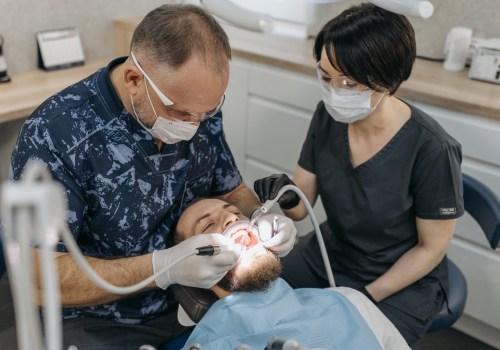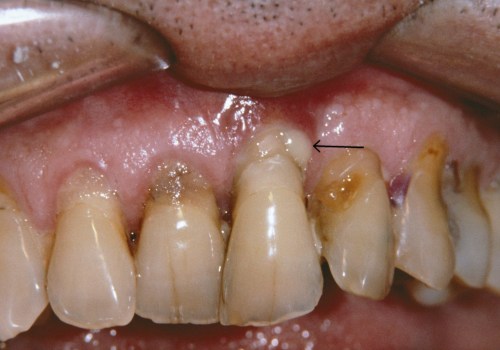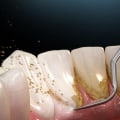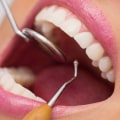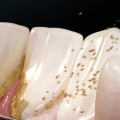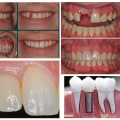Smoking is a well-known risk factor for periodontal disease, and the latest evidence clearly points to an adverse effect on periodontal health. It changes the human microflora, alters inflammatory and immune responses to periodontal pathogens, and has both systemic and local effects. Nicotine, the main component of cigarette smoke, can weaken the host's defenses against bacterial invasion induced by plaque. People who smoke are more likely to produce bacterial plaque, leading to gum disease.
The gums are affected because smoking causes a lack of oxygen in the bloodstream, so infected gums don't heal. Smoking causes people to have more dental plaque and causes gum disease to worsen more rapidly than in non-smokers. Periodontal tissues are compromised by initial vasoconstriction, causing decreased blood flow to the gum. The incidence of periodontitis is 4.9 percent for those who have never smoked, 10.5 percent for former smokers and 15.6 percent for current smokers. Smoking has been shown to not only increase the severity of periodontal disease, but it also reduces the response of gingival tissues to periodontal therapy, resulting in a higher incidence of refractory diseases. Nicotine up-regulates the expression of the MMP-1, MMP-2 and MMP-3 genes in arterial smooth muscle cells, vascular endothelial cells, periodontal ligament fibroblasts and osteoclasts.
MMPs are a family of proteolytic enzymes associated with the destruction of periodontal tissue, which mainly degrade extracellular matrix molecules such as collagen, gel and elastin. Tobacco can directly damage periodontal ligament cells, accelerate alveolar bone loss, and negatively affect alveolar bone remodeling during implantation and orthodontic treatment. In summary, smoking is a major risk factor for periodontal disease. Nicotine up-regulates the expression of MMPs which are associated with the destruction of periodontal tissue. Smoking can also cause gum disease by reducing oxygen in the bloodstream and increasing bacterial plaque production.
It has been demonstrated that impaired neutrophil function can contribute to more serious periodontal destruction.



